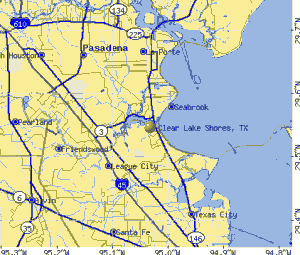Debating the validity of climate change is a waste of time.
… … … Debating what to do is not !
Editorial, Houston Chronicle, May 19, 2014
The recent report on climate change from the U.N.-chartered Intergovernmental Panel on Climate Change is a sober reminder that what we as individuals happen to “believe” about global warming – unless we happen to be climate scientists – has absolutely no bearing on whether the phenomenon is a vast hoax perpetrated by 99 percent of the scientific community or a looming crisis that, as the report underscores, will affect everybody on this planet.
Skepticism on most issues is, indeed, healthy, but in any number of areas, whether it’s relying on M.D. Anderson for cancer treatment or a Texas A&M-trained civil engineering fund to erect bridges and skyscrapers, we have to trust the experts. So it is with measuring and assessing the evidence of climate disruption. As conservative columnist Michael Gerson pointed out in the Washington Post recently, “Our intuitions are useless here.”
The report from the scientists, economists and other experts on the IPCC panel is about as sobering as it can get. The panel warned that the planet is indeed warming, that humans are primarily responsible and that we are not anywhere near prepared for the dire consequences.
What’s coming if we can’t or won’t change our ways are low-lying island nations disappearing, coastal cities going the way of Venice (at best), abnormal weather patterns and growing seasons and tropical pathogens migrating into formerly temperate zones.
In Texas and elsewhere, change already is upon us. We’re seeing increased rates of water loss, depleting water resources, increased wildfires and the spread of invasive species. Our grandchildren and their children will see a rise in sea level from 1 to 4 feet by the end of the century.
“Climate change is no longer a future issue,” Katherine Hayanoe, director of Texas Tech’s Climate Change Science Center, told the Chronicle recently. “For the United States as a whole, climate change will affect our lives through its impacts on our health, our water resources, our food, our natural environment and our economy.”
Debating the validity of climate change – or whether we believe in climate change – is a waste of time; debating what to do in response is anything but a waste.
According to the IPCC report, emissions of heat-trapping greenhouse gases grew faster between 2000 and 2010 than over the previous three decades. That disturbing statistic is despite real progress being made in some parts of the world. In Germany, for example, Chancellor Angela Merkel has laid out a plan to fill more than 40 percent of her nation’s energy needs from renewable sources. The United States has reduced its carbon emissions by nearly 10 percent since 2005, in part because of stricter automobile fuel economy standards but also because of the lingering recession. Progress, though, pales in contrast to the increase in emissions by China and other rapidly industrializing countries.
We know what needs to be done, but if we can’t summon the political will and the sense of worldwide urgency to implement some kind of carbon tax or to develop new technologies that limit future carbon emissions, then we need to begin preparing for the worst. That means reassessing where we live and where we build, how we feed ourselves, how much water we use, among numerous other major adjustments. Gondolas in Kemah, anyone?
NOTE: The question at the end of the above editorial asks whether Texans will welcome sea level rise, given that Clear Lake will rise into the streets of Kemah, a lakeside community near Houston and the Gulf of Mexico.

